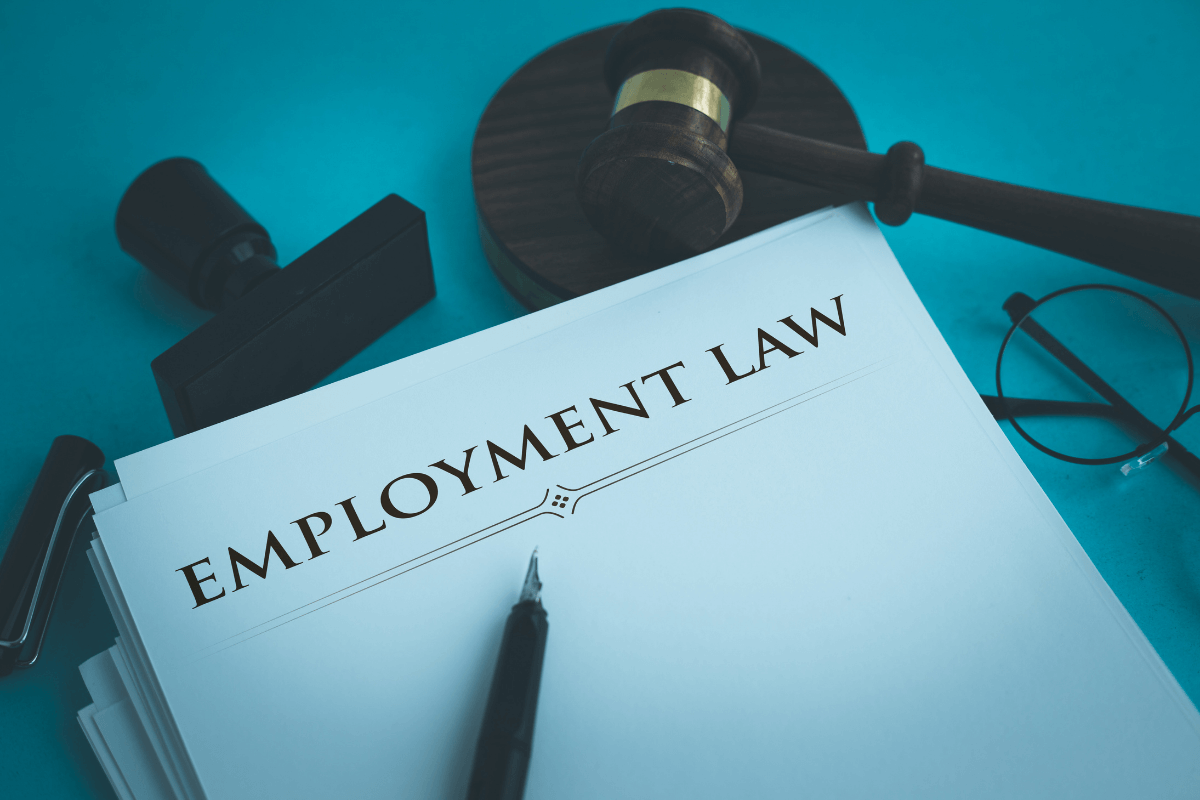Employment law is a complex and multifaceted legal framework that governs the relationship between employers and employees. In today’s business landscape, understanding the intricacies of employment law is essential for both employers and workers to ensure compliance, protect their rights, and foster a harmonious workplace environment. This article will explore key aspects of legal counsel for employers and employees, shedding light on the critical insights that benefit employers and employees.
Employment Contracts and Terms
Employment contracts form the foundation of the employer-employee relationship. Employers must provide clear and detailed employment contracts that outline the terms and conditions of employment, including job roles, responsibilities, working hours, compensation, and termination procedures. Employers can mitigate potential disputes and maintain a transparent working relationship with their employees by ensuring clarity in the agreement.
Wage and Hour Laws
Wage and hour laws are mainly designed to protect employees’ rights concerning their pay and working hours. These laws establish minimum wage standards, overtime rules, and regulations related to breaks and rest periods. Employers must adhere to these regulations to avoid legal repercussions and ensure fair compensation for their workforce.
Discrimination and Harassment
Employment law prohibits discrimination and harassment in the workplace based on factors such as race, gender, age, religion, disability, and more. Legal counsel for employers and employees implement policies and procedures to prevent discrimination and harassment, promptly investigate complaints, and take corrective actions if necessary. Similarly, employees should always be aware of their rights and recourse if they experience or witness such behaviour.
Workplace Safety and Health
Employers must legally provide employees with a safe and healthy working environment. Compliance with workplace safety regulations is crucial to prevent accidents, injuries, and potential legal liabilities. Employees should also know their rights to a safe workplace and report any safety concerns promptly.
Family and Medical Leave
The Family and Medical Leave Act provides eligible employees the right to take unpaid leave for specific family or medical reasons without risking losing their job. Employers must understand their obligations under FMLA and grant eligible employees the leave they are entitled to. Workers should be aware of their rights to request FMLA leave when needed.
Termination and Severance
Terminating an employee can be complex and subject to various legal considerations. Employers should follow proper dismissal procedures, including giving notice, providing severance packages, and complying with contractual agreements. Employees should be aware of their rights in case of termination and understand the terms of any severance agreements offered.
Employee Privacy Rights
Employment law also encompasses issues related to the employee’s privacy rights. Employers must balance monitoring employees for legitimate business purposes and respecting their privacy. Understanding the boundaries of employee monitoring helps prevent legal conflicts, and fosters trust within the workplace.
Whistleblower Protections
Employees who report unethical activities within the organisations, often called whistleblowers, are protected by various laws. Employers should be aware of these protections and avoid retaliatory actions against whistleblowers. Employees should feel confident in reporting misconduct without fearing negative consequences.
Collective Bargaining and Unions
Collective bargaining agreements hold a pivotal role in shaping employment dynamics for union-affiliated workers. Employers must engage in negotiations characterised by good faith, honouring the terms established in these agreements. This commitment to cooperation and adherence fosters a harmonious labour environment. Employees, on the other hand, should possess a comprehensive grasp of their rights as union members, recognizing the advantages that union representation offers. These benefits may encompass improved wages, better working conditions, and a collective voice in addressing workplace issues. By upholding the principles of collective bargaining, both employers and unionised employees contribute to a balanced and equitable employment landscape.
Legal Resources and Representation
In complex employment disputes, the necessity of seeking legal counsel is paramount for both employers and employees. Seasoned employment attorneys offer invaluable guidance, adeptly represent their clients in legal proceedings, and skillfully mediate disputes through negotiation or litigation. Recognizing the opportune moment to engage legal experts can wield a substantial impact on the resolution of employment-related issues, ensuring that the intricate nuances of employment law are meticulously addressed and safeguarding the rights and interests of all parties involved. As such, the involvement of proficient legal counsel serves as a pivotal element in achieving equitable and just outcomes in the face of complex employment disputes.
Conclusion
Employment law is a critical component of the modern workplace, safeguarding employers and employees. By understanding the essential aspects of employment law, including employment contracts, wage and hour regulations, discrimination and harassment policies, workplace safety, and more, both parties can confidently navigate the complex legal landscape. Compliance with employment law minimizes legal risks and promotes a fair and equitable working environment, ultimately enhancing the overall quality of the employer-employee relationship.


